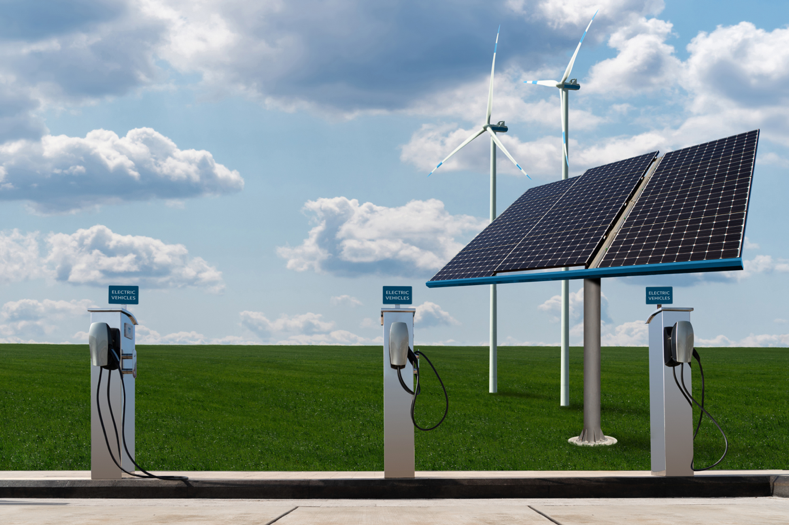Sodium vs. Lithium-Ion Batteries: A Shift in the Energy Landscape?

The battery industry is evolving rapidly, with new technologies emerging as alternatives to established lithium-ion batteries. While sodium-ion technology presents some advantages, lithium-ion batteries continue to dominate the market, especially in energy-intensive applications like electric vehicles (EVs) and consumer electronics.
This raises a critical question: Can sodium-ion batteries challenge lithium-ion’s position, or are they simply a complementary solution? Let’s explore both technologies, their respective benefits and the role of lithium-ion recycling in ensuring a sustainable battery supply chain.
Sodium-Ion Batteries
Sodium-ion batteries function similarly to lithium-ion batteries, using sodium ions instead of lithium ions to store and release energy. One main advantage is that sodium is over 1,000 times more abundant than lithium and can be sourced from salt deposits and seawater, making it a more accessible and potentially lower-cost material.
Advantages of Sodium-Ion Batteries
• Resource Availability – Sodium’s abundance reduces reliance on critical minerals like lithium, cobalt and nickel.
• Stability & Safety – Sodium-ion batteries are generally more stable than lithium-ion, with lower risks of thermal runaway and fire hazards.
• Extreme Temperature Performance – They can operate efficiently in colder climates and handle full discharge to 0V, unlike many lithium-ion batteries.
• Lower Costs – With fewer scarce materials, sodium-ion batteries could become more cost-effective at scale (CATL, 2024).
However, sodium-ion technology has limitations:
• Lower Energy Density – Sodium-ion batteries currently achieve around 160 Wh/kg, compared to lithium-ion’s 180-200+ Wh/kg, reducing their viability for long-range EVs (IdTechEx, 2025).
• Weight Concerns – Sodium is heavier than lithium, making sodium-ion batteries less suitable for applications where weight is critical.
• Limited Commercialisation – While promising, sodium-ion batteries are still in early adoption, mainly used for BESS and micro-mobility rather than mainstream EVs (IEA, 2024).
Lithium-Ion Batteries: The Dominant Force
Lithium-ion technology remains the backbone of the battery industry, widely used in EVs, consumer electronics and grid storage. Continuous advancements over decades have increased energy density, cycle life and cost efficiency.
Enabling a Circular Economy for Lithium-Ion Batteries
Rather than seeing lithium-ion batteries as a problem, we recognise them as a cornerstone of the sustainable energy transition.
At Recyclus Group, we operate the UK’s first industrial-scale lithium-ion battery recycling facility, providing a cradle-to-cradle solution that:
• Reduces landfill waste and environmental pollution by safely processing end-of-life lithium-ion batteries.
• Decreases reliance on raw material extraction by recovering valuable metals from spent batteries.
• Minimises the carbon footprint of battery production by enabling a closed-loop recycling system.
• Mitigates lithium-ion battery fire hazards by ensuring safe handling and disposal practices.
Future Outlook: Coexistence, Not Replacement
While sodium-ion batteries present possibilities, they are unlikely to challenge lithium-ion technology in the near future. Instead, they will carve out specific niches in BESS and low-range EV applications, while lithium-ion batteries continue to be the preferred choice for high-performance EVs.
Crucially, recycling lithium-ion batteries remains a key enabler of a sustainable energy transition. By closing the loop on battery materials, we reduce environmental impact, secure critical mineral supplies and ensure the long-term viability of battery technologies.
At Recyclus Group, we’re not just adapting to the future- we’re shaping it.
